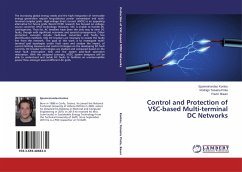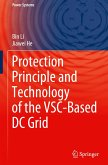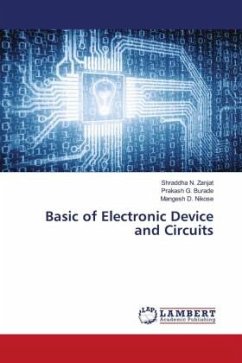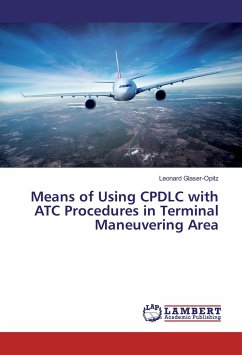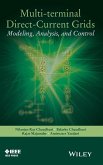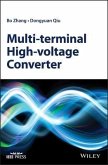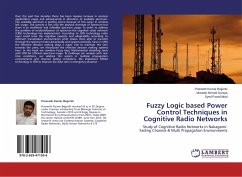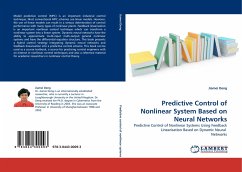The increasing global energy needs and the high integration of renewable energy generation require long-distance power transmission and multi-terminal complex grids. High-voltage direct current (HVDC) is an appealing alternative for future grids. Recent HVDC research has focused on voltage-source converter (VSC) technology. However, VSC is unable to handle DC contingencies. Thus far, AC breakers have been the only way to clear DC faults, though with significant economic and societal consequences. Other protection concepts include multi-level converters and faulty line identification methods. Still, DC breakers are necessary to isolate the faulty line from the network. The goal of this work is to investigate multi-terminal grid topologies under fault cases and analyze the impact of current limiting measures and control strategies on the developing DC fault currents. DC breaker technologies are studied and compared based on the total fault interruption time and the system post-fault operation restoration. With the analyzed concepts, HVDC system designers will be able to understand and tackle DC faults to facilitate an uninterruptible power flow amongst several different AC grids.

